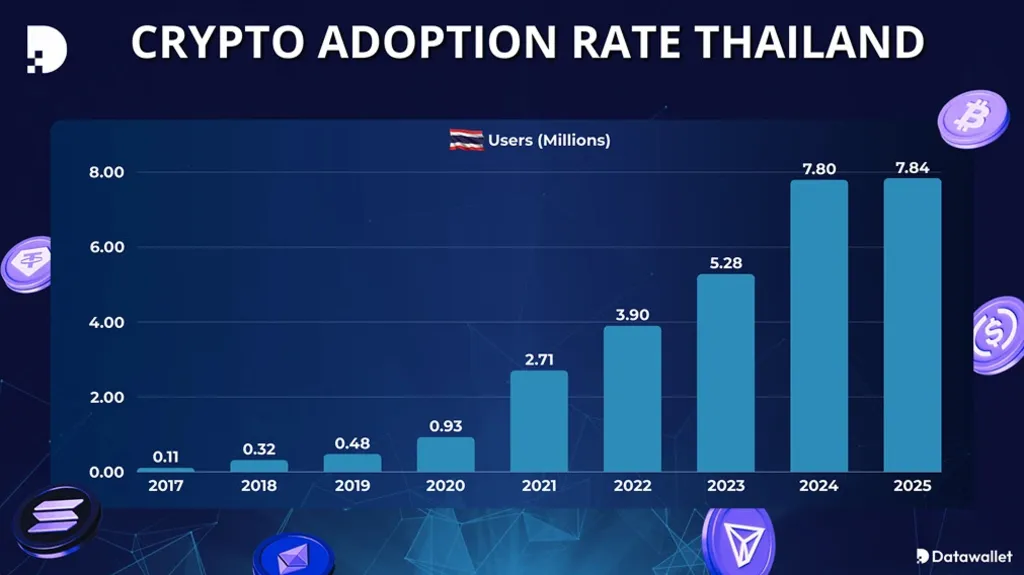Thailand is set to make financial history with its upcoming Thailand Digital Token Issuance, aiming to raise 5 billion baht (around $150 million) through government-backed digital investment tokens, known as G-Tokens. Scheduled to launch within two months following cabinet approval in May 2025, this move signals a bold shift toward modernizing public finance and engaging a wider base of investors.

Democratizing Access to State-backed Investments
One of the most groundbreaking aspects of this issuance is its accessibility. Retail investors can participate with as little as 100 baht, a sharp contrast to traditional government bonds that often require higher entry points. This initiative is designed to open state-backed investment opportunities to ordinary citizens, not just institutional players or high-net-worth individuals.
Moreover, G-Tokens will be tradable on licensed digital asset exchanges, offering greater liquidity and flexibility compared to conventional government bonds. Investors can easily buy and sell these tokens, making them an appealing alternative for those seeking more dynamic options in their portfolios.
Read Also: When Thailand Fintech Adoption Rise Changes Things
Higher Returns and Investor Appeal with Thailand Digital Token Issuance
The G-Tokens are expected to offer higher yields than typical bank deposits, which currently provide returns of around 1.25–1.5%. This makes them an attractive option for savers looking for better performance without moving into riskier private-sector assets.
Thailand’s Securities and Exchange Commission (SEC) has already approved four digital token projects and is reviewing two more, highlighting strong regulatory support. This backing boosts investor confidence in the safety and legitimacy of the Thailand Digital Token Issuance.
Regulatory Support and Tax Incentives
Under Section 10 of the Public Debt Management Act, G-Tokens are classified as digital debt instruments, meaning holders are guaranteed principal repayment and predetermined returns. To further encourage participation, transfers of these tokens are exempt from corporate income tax and value-added tax (VAT).
These tax incentives lower the barrier to entry and add to the overall attractiveness of the program. By providing both structural and fiscal support, the Thai government is signaling its commitment to advancing digital finance while ensuring investor protection.
Thailand Digital Token Issuance: Potential Economic and Fiscal Impacts
This is more than just an experiment; it is part of a larger strategy to modernize Thailand’s financial infrastructure and stimulate economic growth. By making state-backed investments more accessible, the government hopes to mobilize domestic savings and redirect them into public projects and development initiatives.
Furthermore, the move supports Thailand’s broader digital asset strategy, which aims to strengthen its position as a financial innovation hub in Southeast Asia. If successful, this pilot project could pave the way for larger and more frequent digital debt issuances, providing the government with a new tool for flexible and inclusive fundraising.
Thailand Digital Token Issuance and The Bold Step Toward Financial Innovation
The upcoming issuance represents a bold step toward financial democratization and modernization. By offering higher yields, lowering entry thresholds, and providing strong regulatory support, Thailand is setting a new standard in public finance.
As the country prepares to launch this $150 million initiative, it sends a clear signal that digital assets are not just a niche investment trend but a transformative force shaping the future of national economies. The Thailand Digital Token Issuance might soon become a model for other nations looking to embrace digital finance while expanding access to government-backed investment opportunities.
Read Also: Will Thailand Casino Legalization Impact Be Worth It?







